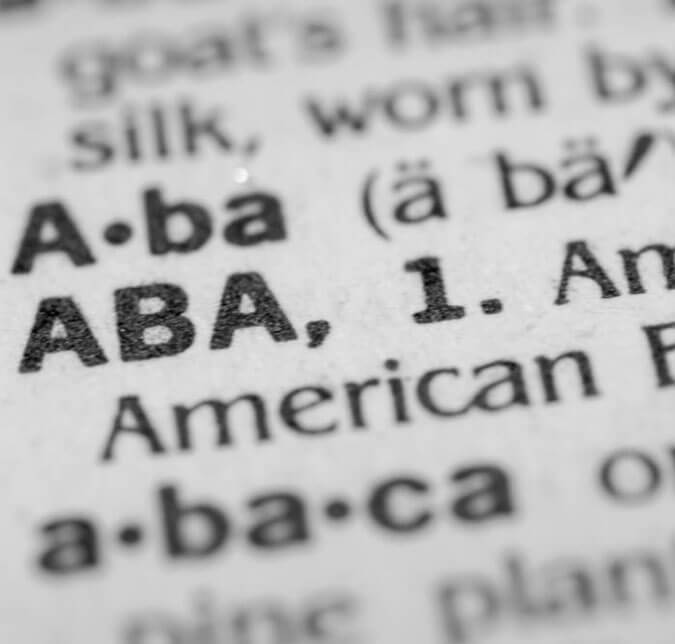
Recent changes proposed by the American Bar Association (ABA) to its diversity and inclusion standards for law schools have sparked strong opposition. Numerous legal education organizations and experts argue that these revisions could potentially undermine the progress made in promoting diversity within law schools. The debate comes after a public comment period ended on September 30, following last year’s U.S. Supreme Court ruling against affirmative action policies.
Legal Groups Push Back Against Standard 206 Revisions
Among the critics of the proposed changes are 44 law school deans, the ABA’s Diversity, Equity, and Inclusion Center, the NAACP Legal Defense and Educational Fund, and other legal bodies. They have expressed concerns over the revisions to Standard 206, which is currently titled “Diversity and Inclusion.” The new proposal aims to rename it “Access to Legal Education and the Profession,” with substantial changes to its language. Critics argue that the proposal threatens to reverse the ABA’s long-standing commitment to ensuring diverse student bodies in U.S. law schools.
Want to know if you’re earning what you deserve? Find out with LawCrossing’s salary surveys.
Current vs. Proposed Language
Presently, Standard 206 mandates that law schools provide full opportunities for racial and ethnic minorities while maintaining diversity in terms of gender, race, and ethnicity. The proposed version, however, eliminates this specific language, instead emphasizing access for “persons including those with identities that historically have been disadvantaged or excluded from the legal profession.” Critics worry that this shift waters down existing commitments to diversity and inclusion, potentially making it easier for law schools to move away from those values.
Law Deans and Professors Express Concern
In their response to the ABA’s proposal, the group of deans stated that the changes “go further than the law requires” and pose a significant risk to efforts in diversifying the legal profession. They argue that law schools could abandon their commitments to diversity under the new standard. A separate group of 74 law professors echoed this sentiment, stating that the proposal “overreacts” to the Supreme Court decision and could hinder ongoing efforts toward creating more inclusive legal education environments.
Some Support the ABA’s Changes
While opposition is strong, not all commentators disagree with the revisions. The Ohio State Bar Association, for instance, expressed support for the ABA’s efforts to align with the Supreme Court’s ruling while still promoting increased access to the legal profession for historically underrepresented groups.
Call for Compromise on Language
On the other hand, a group of 19 attorneys general from Democratic-led states offered conditional support for the changes. While they back the revisions, they urged the ABA to retain the word “diversity” in the name of the standard. This, they argue, would preserve a focus on diversity without contradicting the Supreme Court’s ruling.
Conclusion: A Heated Debate on Diversity in Legal Education
As the ABA considers these proposed changes to its diversity standard, the legal community remains deeply divided. Many fear that the revisions could undo years of progress toward making the legal profession more inclusive, while others see the changes as a necessary step in complying with legal precedent. The council of the ABA Section of Legal Education and Admissions to the Bar faces a challenging decision as it balances these competing perspectives.
Don’t be a silent ninja! Let us know your thoughts in the comment section below.




































